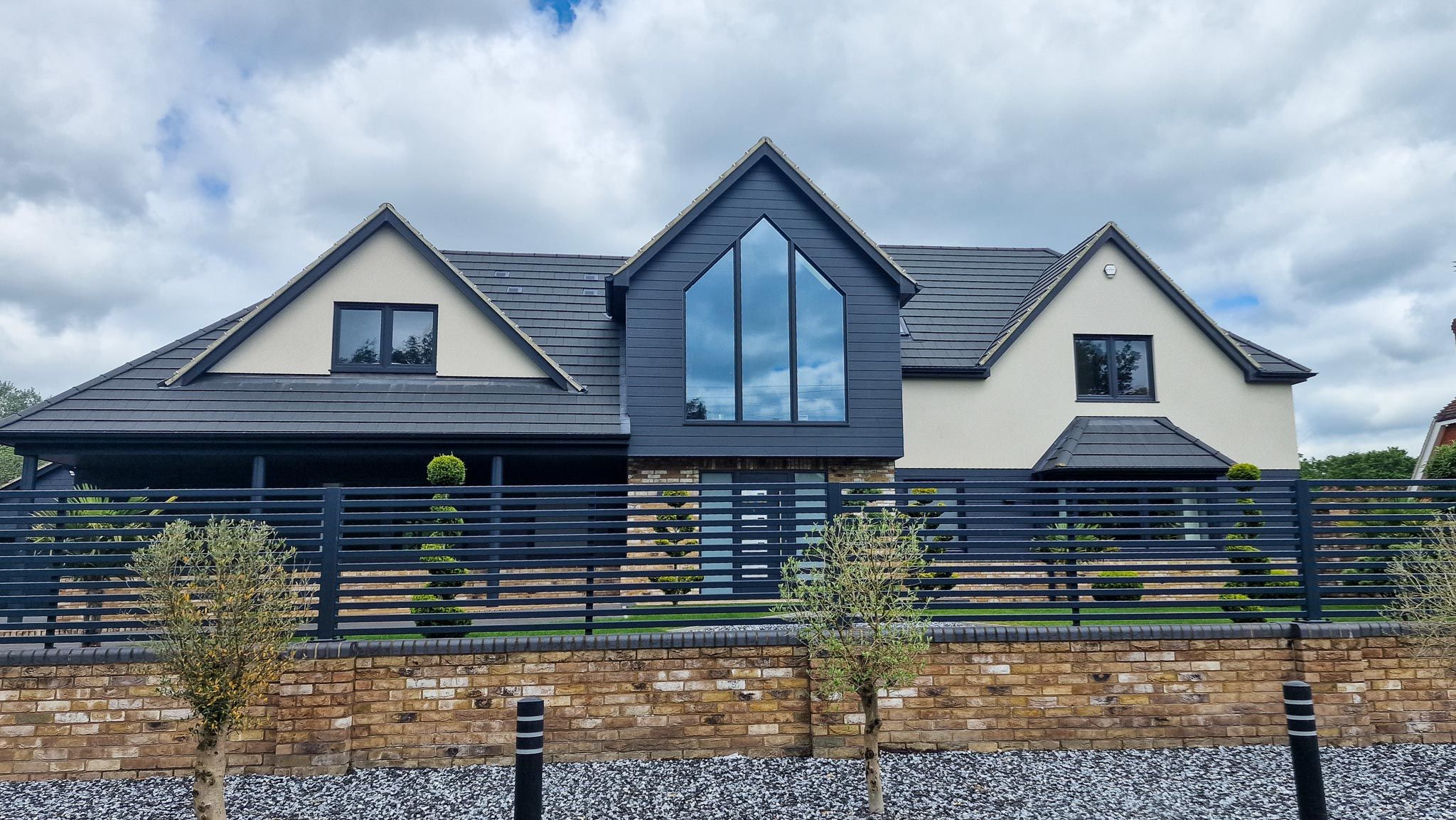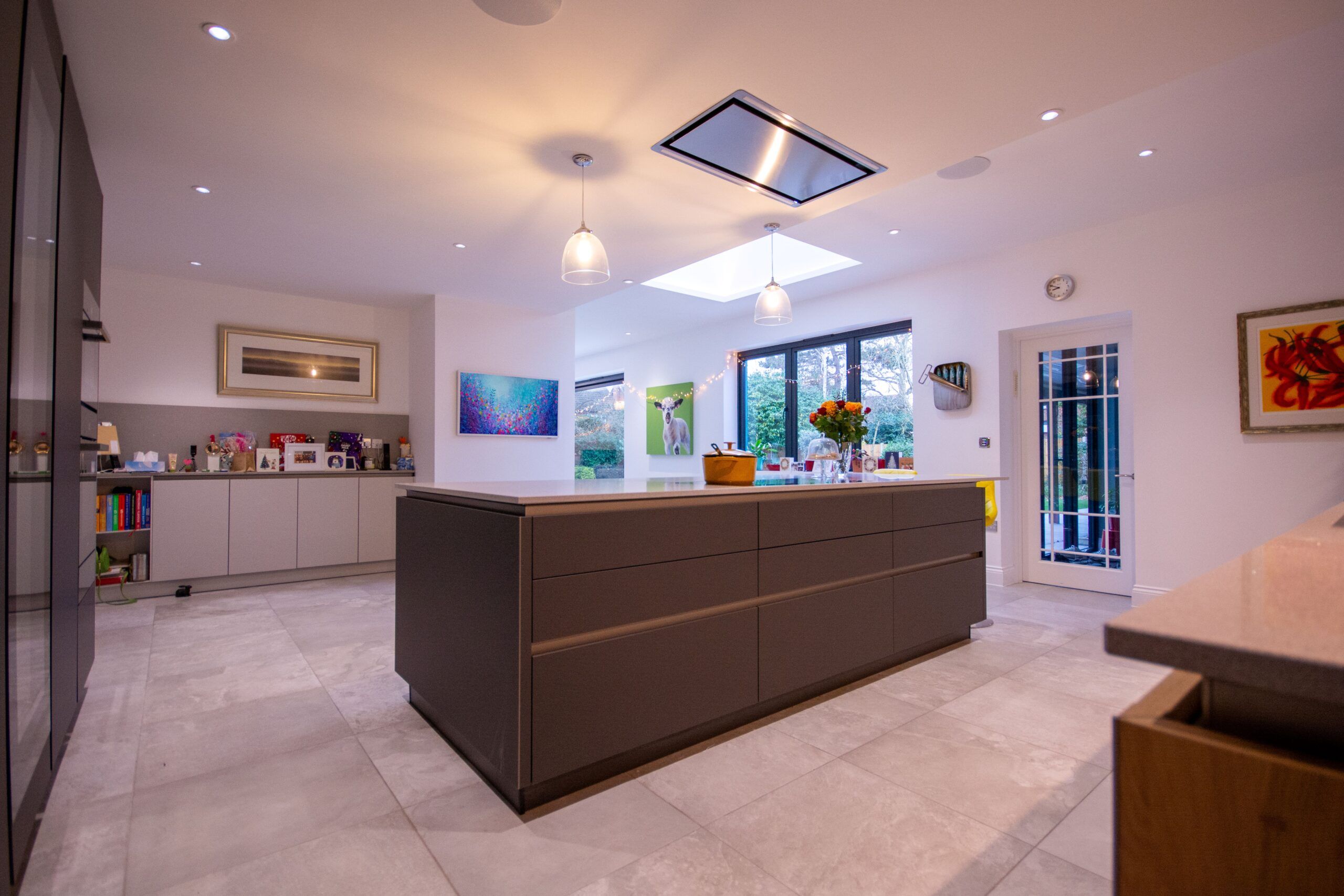Tag: Architectural design in London
M+C offers architectural design in London. From inception to completion, there are so many processes, regulations and guidelines to follow that, unless you use a specialist practice, you’re going to fall afoul at some point along the way. This isn’t to put you off, far from it. We relish any architectural design in London and we want to be part of that journey. We want to ensure that you fully realise the project you have in mind, as opposed to simply settling.









